QED XT5
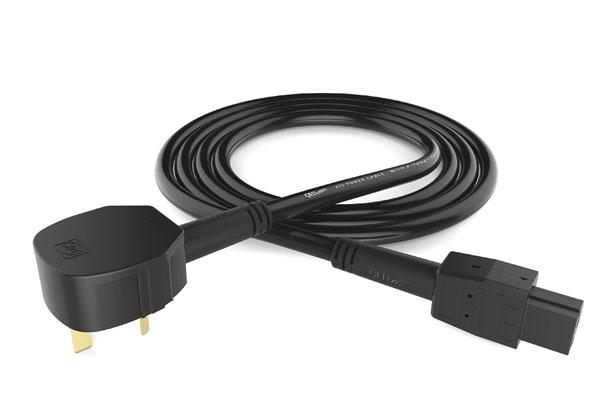
 QED is aware of the fact that parallel conductors carrying in-phase alternating current in opposite directions will have a greater current density in the portions of each conductor that are nearest to each other compared with the sections that are furthest apart. At relatively low frequencies, such as 50Hz mains, the problem only becomes significant in high-current applications. This phenomenon, known as the ‘proximity effect’, becomes more pronounced at higher frequencies. The problem is that the current drawn by a typical amplifier playing music at even modest amplitude into speakers varies noticeably with the music and, as a result, the current flowing in the power cable has much higher frequency components. QED’s X-Tube Technology has been designed to reduce a cable’s capacitance and dissipation factor to minimise this proximity effect.
QED is aware of the fact that parallel conductors carrying in-phase alternating current in opposite directions will have a greater current density in the portions of each conductor that are nearest to each other compared with the sections that are furthest apart. At relatively low frequencies, such as 50Hz mains, the problem only becomes significant in high-current applications. This phenomenon, known as the ‘proximity effect’, becomes more pronounced at higher frequencies. The problem is that the current drawn by a typical amplifier playing music at even modest amplitude into speakers varies noticeably with the music and, as a result, the current flowing in the power cable has much higher frequency components. QED’s X-Tube Technology has been designed to reduce a cable’s capacitance and dissipation factor to minimise this proximity effect.
The conductors are made from 99.999 percent oxygen-free copper. The braided individual cores in the live and neutral conductors are made small enough so that any effects arising from the Eddy currents from adjacent cores are minimised. These currents would otherwise contribute to the proximity effect. The twist rate of the strands is calculated to ensure that no two conductors remain next to each other in parallel configuration for more than a few millimetres. This helps to even out the current flow across a wide range of frequencies.
The XT5 is very well made and is available in 1m, 2m (£170) and 3m (£200) lengths. It comes fitted with a Martin Kaiser IEC C13 connector at one end and a UK MK Tough Plug at the other. A Schuko plug version is additionally available.
Sound quality
I connect the XT5 to the power supply of my valve preamp and phono stages and start with Rimsky-Korsakov’s Scheherazade played by the Royal Philharmonic Orchestra. The commanding opening swiftly progresses into a gentle section played on a solo violin by Alan Loveday. I am immediately aware of an improvement in sound quality, especially with the violin which is clearer and Loveday’s playing seems more effortless. As the piece builds to a climax, the deep bass and great dynamics of the recording are really well conveyed.
Next up a direct-to-disc LP of Lyn Stanley and her Jazz Mavericks performing Blue Moon. Her sultry jazz vocals come through crystal clear and have a perfectly focussed location in my room. The relaxed performance is equally clear, being positioned behind Stanley in the soundstage.
To further explore the issue of whether a mains cable can have an effect on imaging, I play a recording of string quartets by Alec Roth performed by the Allegri Quartet. With Dancing, the delicate fingering of the strings during the early pizzicato sections is crisp and tuneful. This develops into more energetic and lively plucking as the piece progresses. The overall clarity is excellent and the four instruments occupy well-defined locations within the soundstage.
Another favourite LP of mine is the Concerto in D Minor for 3 Harpsichords by JS Bach and performed by the English Chamber Orchestra. The music has great realism and depth, and the energetic double bass playing is both clear and elegant. Furthermore, each of the three harpsichords has its own identifiable location within the soundstage.
I finish off with some techno-jazz in the shape of Equipe 68 from the double LP Before We Forget by Azymuth. The overall energy of the performance is powerful while the bass, drums and hi-hats are crisp, punchy and well defined.
Conclusion
This mains cable certainly lives up to its promises and comes as a welcome upgrade in any serious system. NR
DETAILS
Product: QED XT5
Type: Mains power cable
FEATURES
● X-Tube technology
● Aircore dielectric construction
● PVC and LDPE dielectric
● UK or Schuko plug options available (15ohm)
 |
Inside this month's issue: Arcam Radia A25 integrated amp, iFi Audio iDSD Diablo 2 DAC/headphone amp, Eversolo DMP-A8 streamer/DAC/preamp, Line Magnetic LM-845IA valve amp, Record Store Day Spring Drop, standmount loudspeaker Group Test and much, much more
|
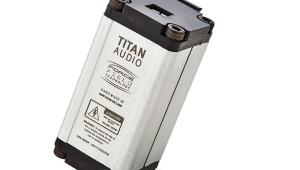

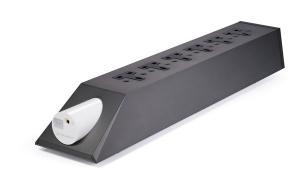
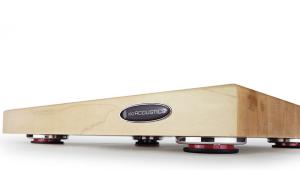
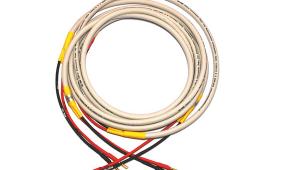


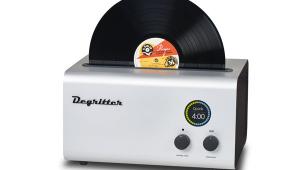
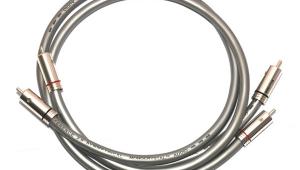

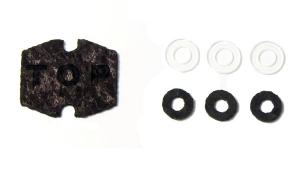

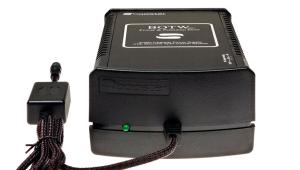
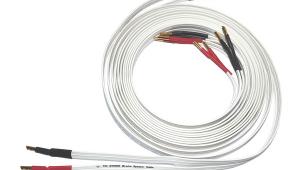
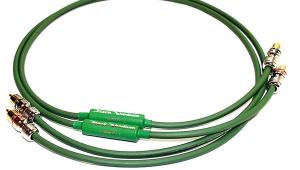

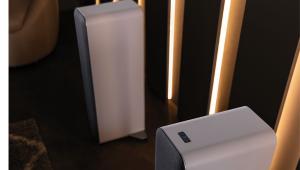
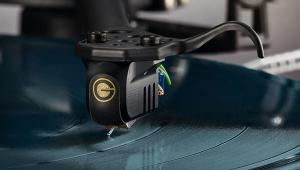
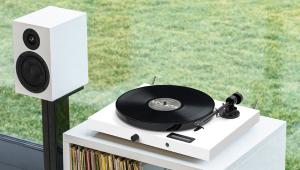
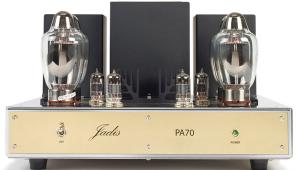
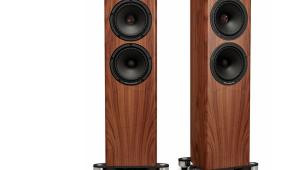
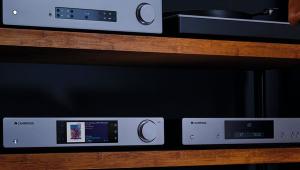
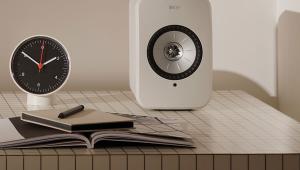
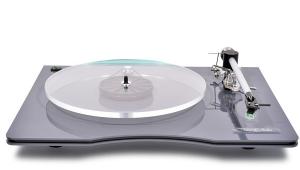
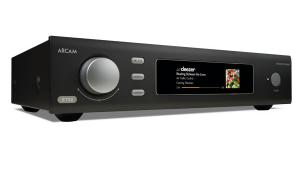



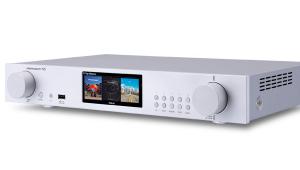
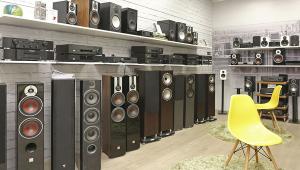
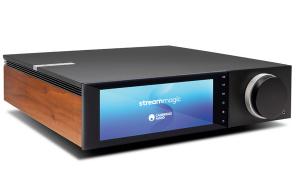
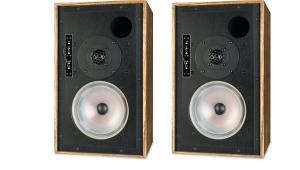
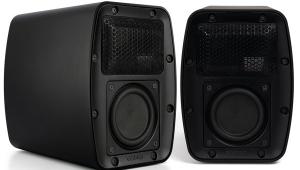

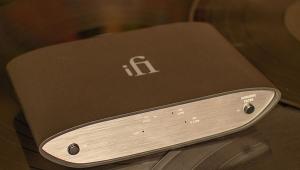
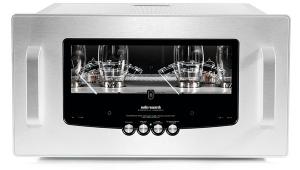

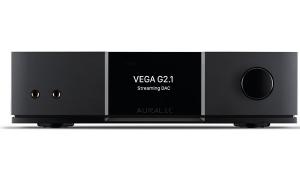
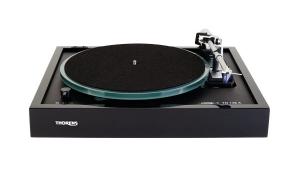

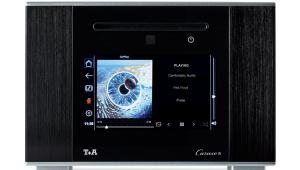
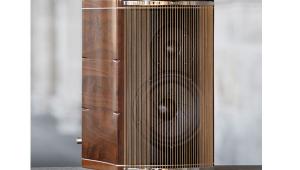
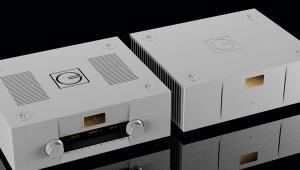
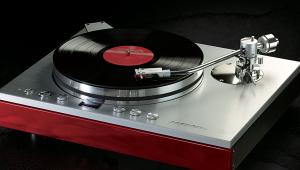
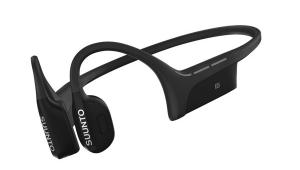


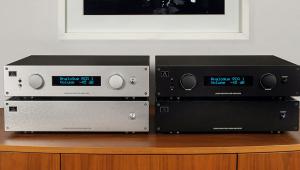
.jpg)



